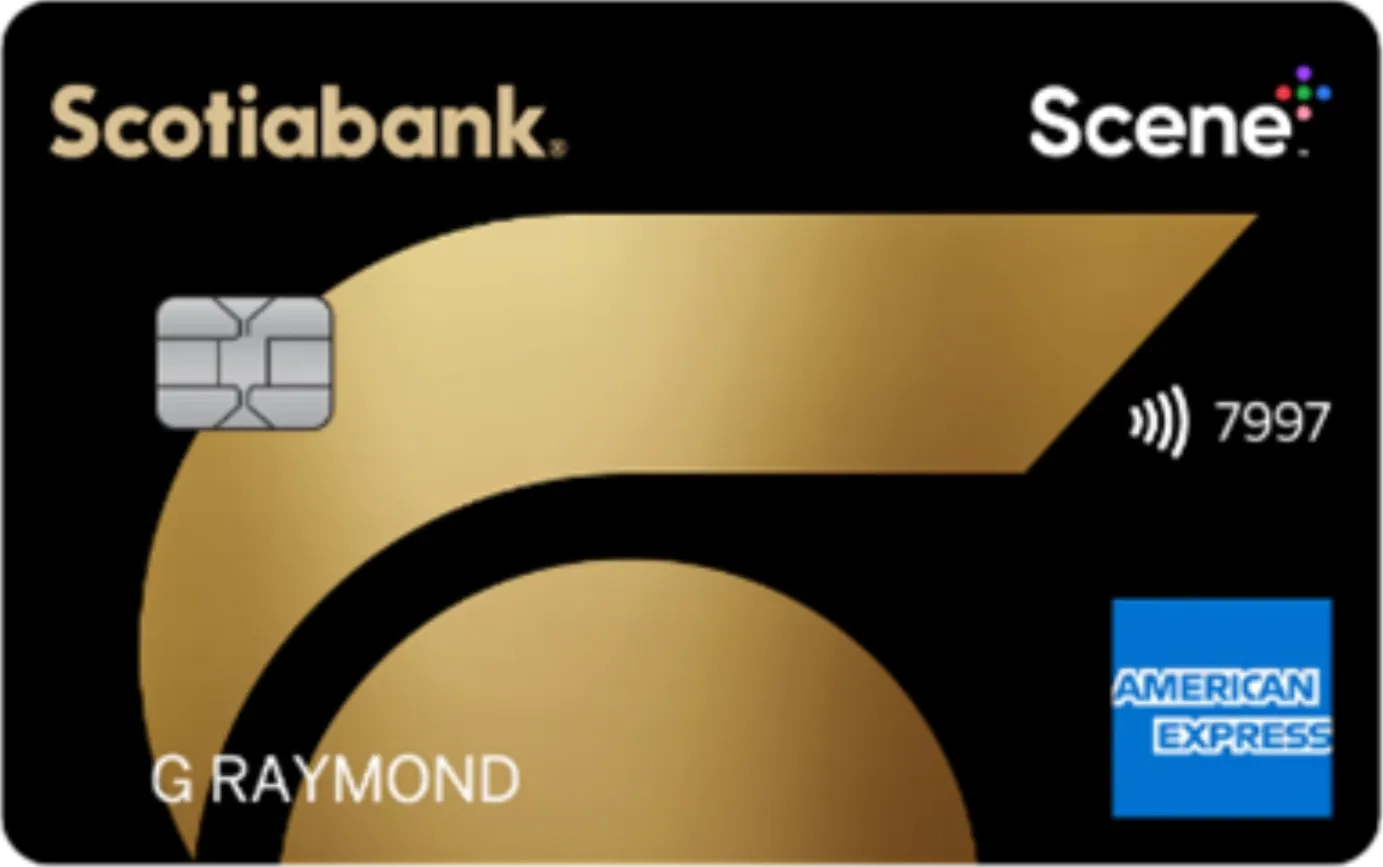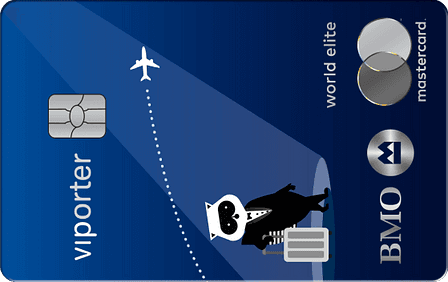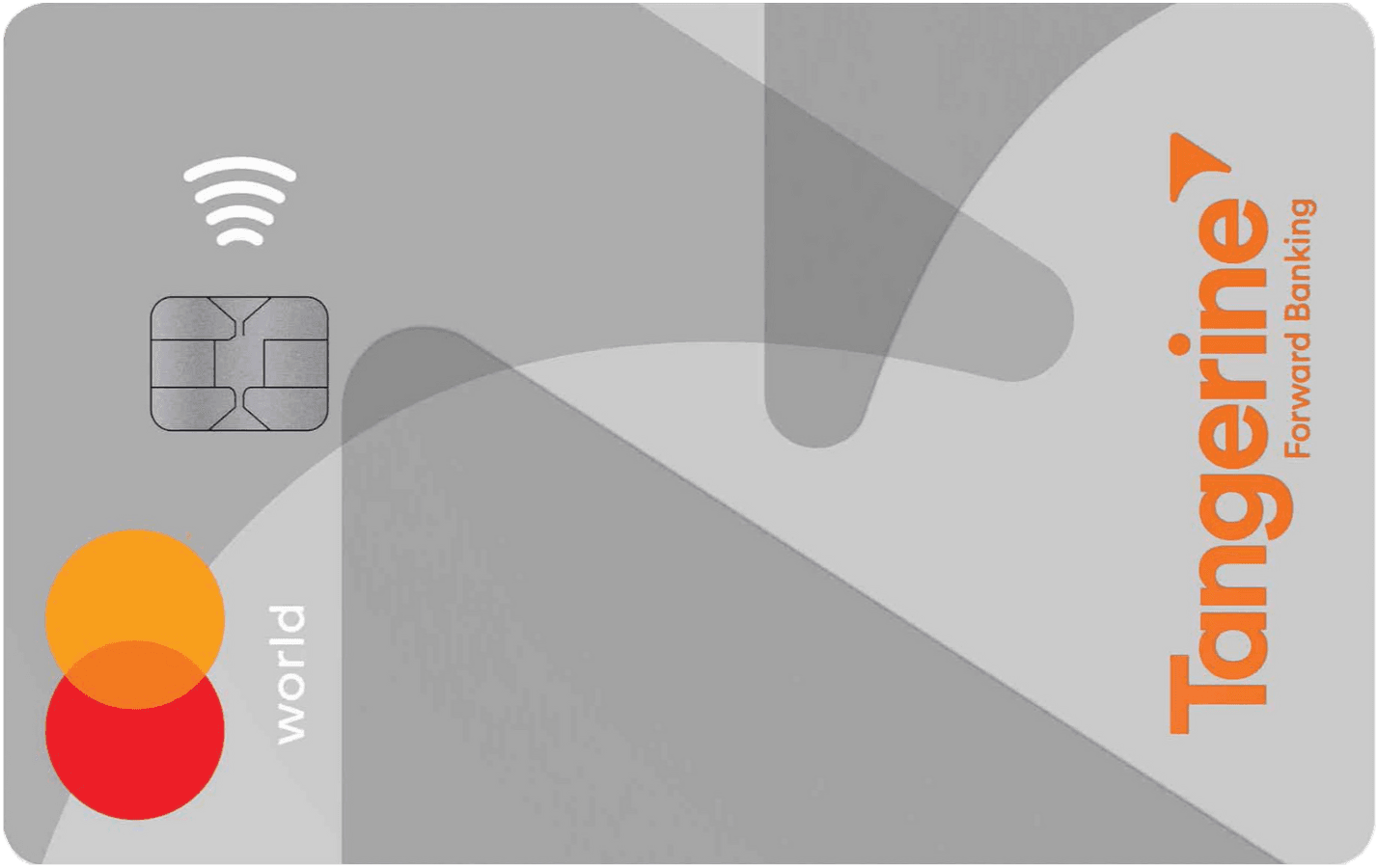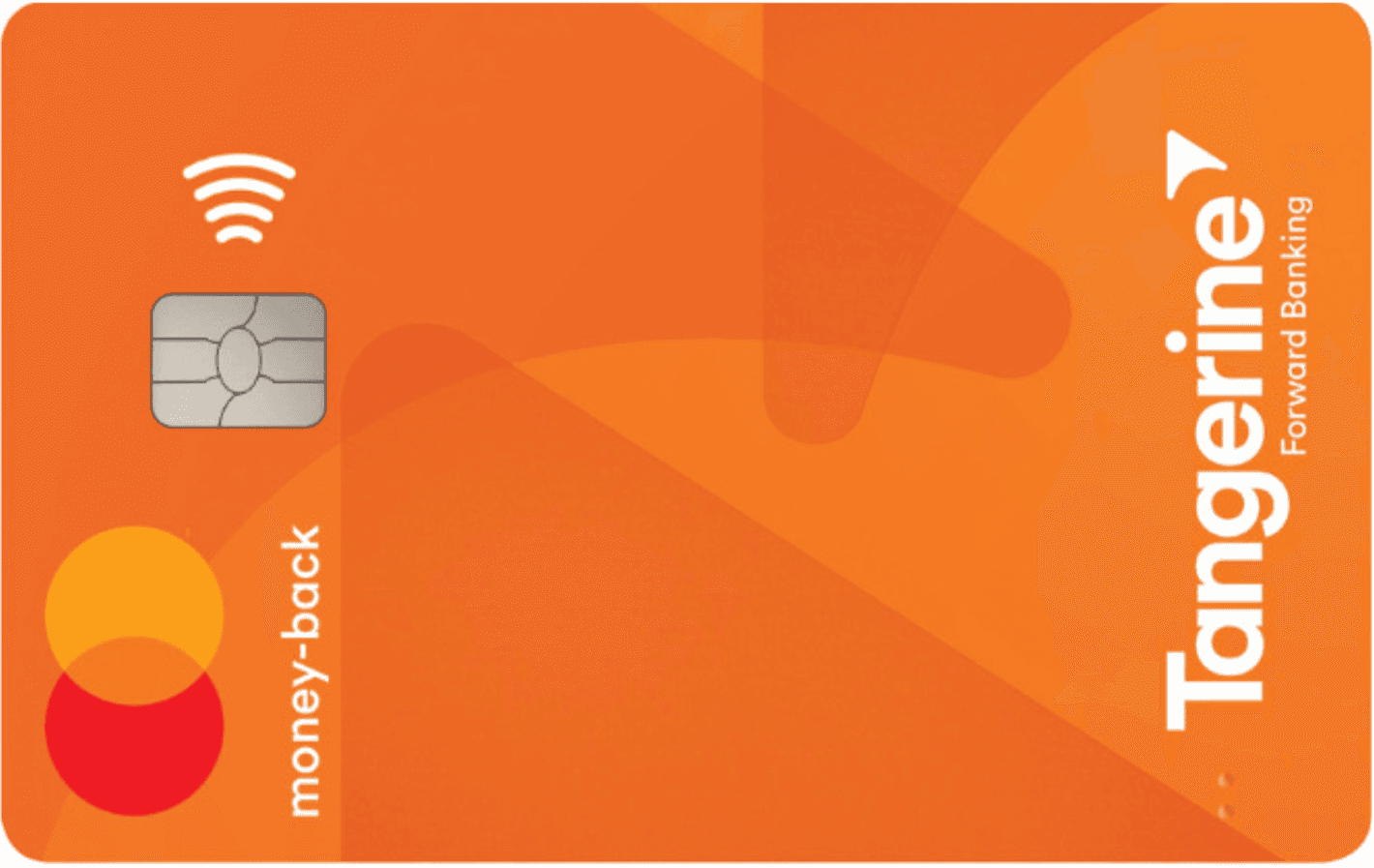Working hard in the background...
The Pros and Cons of Shopping With a Credit Card
Published Aug 25, 2025 6:35 PM UTC • 5 min read
In most cases, credit cards are the perfect shopping companion. They can cover large purchases, optimize your spending, and build up your credit along the way.
Of course, there are also some downsides to shopping with a credit card. For instance, they can tempt you to overspend, accumulate interest, and damage your credit score when used improperly.
For a deeper look into both the pros and cons of shopping with a credit card, keep reading.
The Pros of Shopping With a Credit Card
Let's start out with the stronger side of the argument: the benefits of shopping with a credit card.
Convenience
Imagine having access to money, rewards, perks, and insurance, all tucked inside of one tiny rectangle. That’s the versatility and the convenience of a credit card.
This complex piece of plastic or metal also grants you multiple forms of purchasing power, whether you shop online, in-store, or over the phone.
Most networks, specifically Visa and Mastercard, are accepted by the vast majority of merchants around the world. Other networks, like American Express, have a lower global acceptance rate, but typically offer higher annual value – if fully utilized.
Variety
In Canada, there are over 100 credit cards to choose from, all from different networks and financial institutions, offering rewards programs like points or cashback, and specializing in different categories like travel, low interest, or dining.
To filter your way towards the perfect fit, check out our Best Credit Card Finder.
Promotional Offers
To start your spending off right, many credit cards come with some enticing promotional offers. Whether those offers be low-interest rates for the first few months, higher reward rates, or no annual fee for the first year of membership.
These welcome bonuses allow you to get situated and assist you in paying off your debt, optimizing large purchases upfront, or saving some money for future spending.
Rewards
Whether your rewards credit card specializes in points or cashback, earning while spending is a savvy way to shop.
With a points card, you’ll earn a respective loyalty program currency that can later be redeemed towards categories like travel, entertainment, or gift cards. Alternatively, cashback puts a percentage of the money you've spent back into your pocket.
Rewards add value to your credit card and can help offset any associated or annual fees. They also support future spending or saving.
Some store branded credit cards specifically optimize the purchases you make at partnered retailers like Amazon, Canadian Tire, Costco, Loblaws, and Walmart.
Perks
Similar to rewards, perks provide your card with added value.
Examples of perks include travel benefits like no foreign transaction fees or airport lounge access, discounts on gas, rental cars and hotel stays, status lifts on partnered loyalty programs, or 24/7 credit card concierge services.
Insurance
Securing insurance like travel coverage, purchase protection insurance, and extended warranty insurance can be tedious.
Thankfully, there are tons of credit cards that come with insurance policies that cover every trip and purchase.
Large Purchase Coverage
Let’s say you need to purchase something expensive, but you’re not exactly liquid enough to cover the high cost.
A credit card allows you to cover costs within your credit limit (the amount of money you’re able to spend on your card), tiding you over until your next paycheque.
Just make sure that you’ll be able to pay off your balance by its due date and that you’re keeping your credit utilization ratio below 30% (as a general guideline). Our post on credit card billing cycles will help you better understand how to use your card responsibly.
Credit Building
Speaking of using your credit card responsibly, note that how you shop with your credit card is always recorded.
Your financial habits and insights are ultimately reported to major credit bureaus that calculate your credit score. Your credit score is a metric that is taken into account by future lenders and creditors. This score matters when you want to apply for a new credit card, take out a loan, rent an apartment or start a mortgage.
When you use your credit card properly, frequently, and responsibly, you improve your creditworthiness and boost your credit score.
Credit building practices include paying off your balance on time and keeping your credit utilization ratio below that 30% mark.
Emergency Expense Coverage
Sometimes, when it comes to spending, we’re faced with the unexpected.
Similarly to having to make a large purchase you can’t quite yet cover, credit cards are also there to help you pay off emergency expenses.
Emergency expenses might include support during a job loss or a medical mishap that isn’t fully covered by insurance.
In all honesty, before resorting to a credit card for an emergency expense and risking carrying a balance, all cardholders should already have some emergency savings set aside to tap into. An emergency fund is something you can regularly contribute to on a monthly basis and should be able to cover about 3-6 months of expenses.
Fraud Protection
Most credit cards provide some type of fraud protection, which protects you from financial loss if your credit card or credit card information is stolen and used to make unauthorized purchases. All of the top credit card issuers offer zero liability fraud protection which ensures that you won’t be held liable if/when fraud occurs.
Compared to debit cards, credit cards offer an easier and safer way to protect yourself against fraud.
The Cons of Shopping With a Credit Card
To keep this blog balanced, we’ll also highlight some of the downsides of shopping with a credit card.
Overspending Potential
Unfortunately, having access to more money than we can necessarily cover sometimes leads to overspending.
When you overspend using your credit card and carry a balance, you subject yourself to credit card debt, which can be tricky to get out of.
As a general rule, don’t treat your credit limit as “free money”, only spend what you can cover by your balance due date and continue to keep that credit utilization ratio low.
Fees
There are a few different types of fees associated with credit cards.
Firstly, many cards come with annual fees to account for lucrative reward programs and exclusive perks. While annual fees can get pretty hefty on premium cards, you can potentially offset the yearly cost by using all of the perks on your card to their full extent – that means optimizing every possible purchase and using every included benefit.
Cardholders can also incur late fees when they fail to pay off their balance by the due date, and that’s before high interest rates start to kick in on carried balances.
High Interest Rates
Regular rewards cards are great for annual value, but not as good for low-interest rates (except for a few exceptions like the Scotiabank Platinum American Express Card and the Desjardins Odyssey Visa Infinite Privilege Card). If you happen to carry a balance on the average rewards credit card, you’ll fall victim to high interest rates until you can cover your debt. Standard interest rates typically range from 19.99% to 24.99%.
If you’re looking for a budget-conscious card that comes with low-interest perks, scope out a low-interest credit card specifically. Many low-interest credit cards come with extremely low or even zero interest promotional periods. Still, once the promotion period is up, you’ll be subject to slightly higher rates until your debt is paid.
Likewise, you can alternatively transfer your current carried balance over to a balance transfer credit card for lower interest rates and helpful promotional periods that are also equipped to help you tackle credit card debt.
Credit Score Damage
As previously stated in the pros section, your credit card activity is ultimately reported to credit bureaus, resulting in a reflective credit score.
If you have trouble paying off your balance on time or keeping your credit utilization ratio below 30%, you’ll likely see your score start to plummet.
A low credit score makes you appear risky to lenders and creditors, lowering your chances of being approved for future cards or loans.
Confusing Terms and Conditions
It’s no secret that reading the fine print is perhaps the least exciting part about applying for a new credit card. That said, understanding your card's terms and conditions is crucial.
Frustratingly enough, some terms and conditions can be quite complex and confusing. For example, upon closer inspection, you might come to find that a card’s impressive intro offer comes with countless spending or earning requirements and hidden conditions. If you fail to meet these requirements and conditions, you won’t be able to reap the benefits that were so boldly advertised in the first place.
For further clarification on your card's policies, you can always reach out to customer support.
Conclusion
There are plenty of pros and cons to shopping with credit cards. For the most part, however, the good outweighs the bad and most downsides can be remedied by responsible and smart spending practices.
At the end of the day, if you intend to pay off your balance on time, keep your credit utilization ratio low, and make the most out of any added perks or rewards programs, credit cards might be the best shopping buddy you’ve ever had.
About the author

Sara Skodak
Since graduating from the University of Western Ontario, Sara has built a diverse writing portfolio, covering topics in the travel, business, and wellness sectors. As a self-started freelance content ... See full bio
Trending Offers

Scotiabank Gold American Express® Card

BMO VIPorter World Elite Mastercard®∗

MBNA Rewards World Elite® Mastercard®

BMO VIPorter Mastercard®∗

Tangerine World Mastercard

Tangerine Money-Back Credit Card